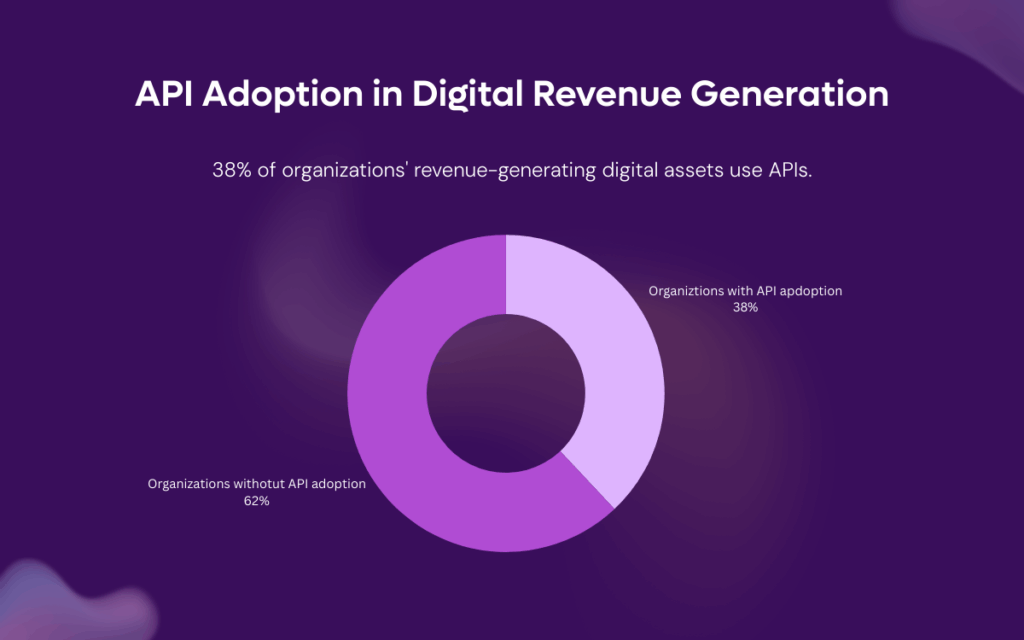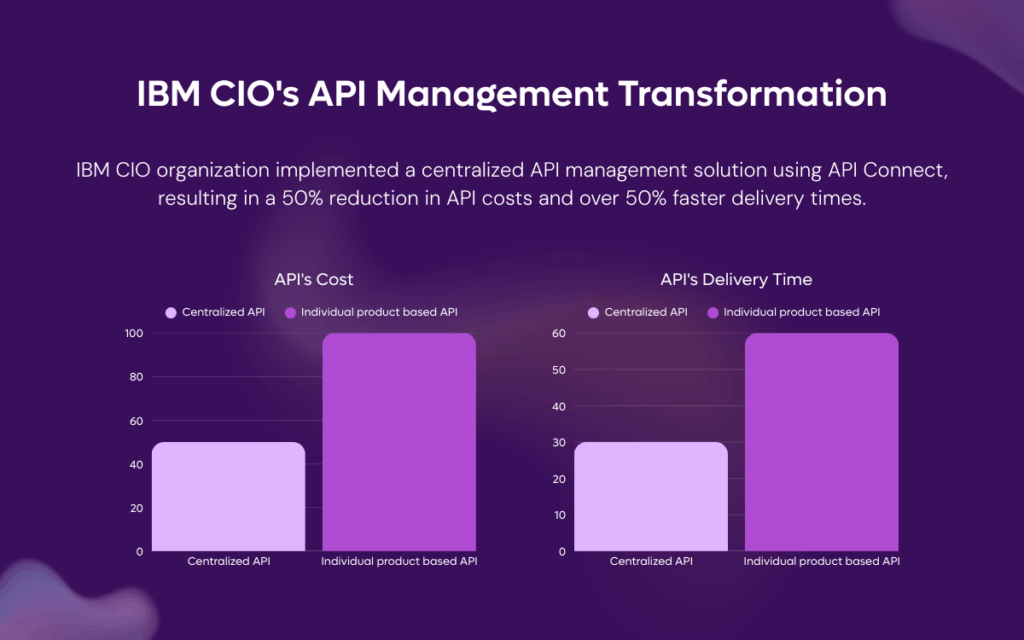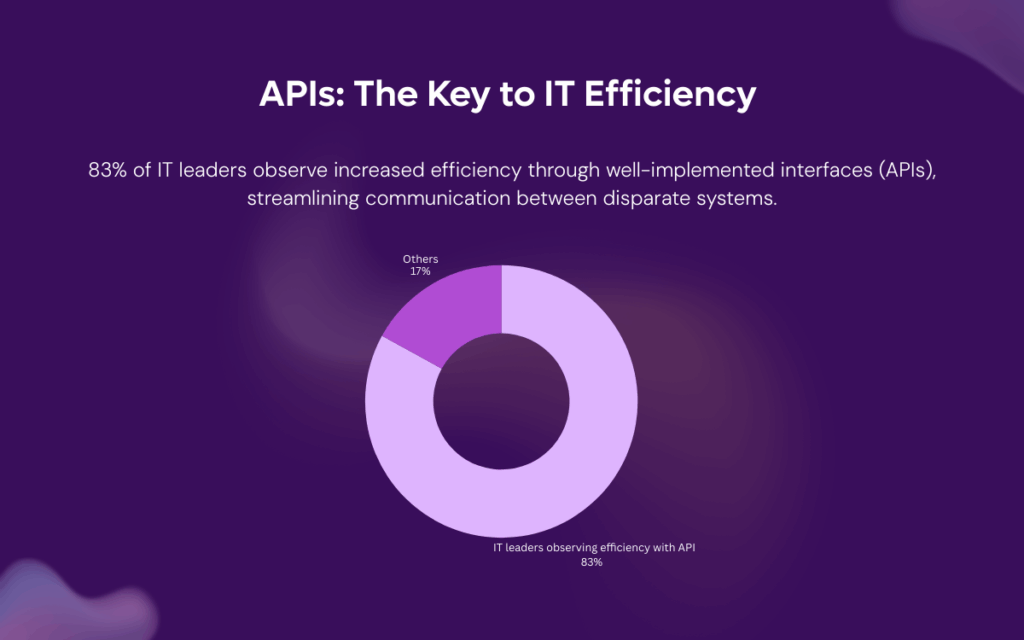The Rise of the API Economy: Does It Make Business Journey Smoother?

In modern business, simply having an application and various digital channels is no longer enough. What truly boosts sales and drives efficiency is the seamless connection of diverse services and platforms, enabling them to work as a unified whole.
What is API (Application Programming Interface)?
APIs (Application Programming Interfaces) are sets of rules that allow disparate applications to communicate and interact with one another. This means APIs facilitate the smooth transfer of significant amounts of data and enable systems to leverage each other’s functionalities. This capability is crucial for driving innovation and enhancing the overall process flow of any application or broader system, allowing for the efficient utilization of vast data resources rapidly.

Source: Spotlight
Introduction to API Economy & Integration
“The API Economy refers to a strategic business approach that leverages Application Programming Interfaces (APIs) to facilitate the seamless exchange of data and services. This involves opening up functionalities via APIs for use both within an organization and with external software systems, which constitutes the “API economy“.
The internal Api (WordPress, Stripe API) means custom-developed for secure communication between a company’s system and external APIs means the use of existing third-party services (like Google Maps, gateway) to build applications efficiently & extend their capabilities.
Rapid Growth of mobile leads to API integration being in top trend. API Integration means connecting these APIs to your existing applications or systems. Organizations strategically use external APIs to incorporate trusted, specialized functionalities that enhances the customer experience, while internal APIs are initially employed for secure and efficient communication within the organization’s own interconnected systems. This approach fosters innovation and drives the market trend towards the digital ecosystem.

Real-world example for API Economy
API integration empowers businesses to seamlessly ‘plug in’ API services, leveraging powerful functionalities that range from mapping solutions to social media logins. These connections are what make various business journeys smoother and more efficient. Here are some common examples of API integration,
Payment Gateway APIs (e.g., Stripe, PayPal, Razor pays):
An e-commerce website (like Myntra, Flipkart, Shopify stores) uses a payment gateway API to process transactions securely. This is one of the examples of Open APIs .
POS & E-commerce Website APIs (eg: WooCommerce):
Large scale companies (like Walmart and Fortune 500) use internal APIs to link stores and websites to sync and unify in real-time. This is one of the examples of Internal APIs.
Airline and Travel Aggregator APIs (e.g., MakeMyTrip, Goibibo using airline APIs):
An online travel agency (like MakeMyTrip) integrates with specific airline APIs (e.g., Indigo, Air India) to get real-time flight information. This is one of the examples of Partner APIs .
HRMS APIs
Many businesses leverage composite APIs within their HRMS (like Open Core HR) to streamline complex workflows. For example, they might combine APIs for employee onboarding, the Learning Management System (LMS), communication platforms, and payroll systems. This is one of the examples of Composite APIs .

Source: IBM
Benefits of the API Economy
1. Collaboration
APIs foster collaboration, allowing businesses to seamlessly integrate and expand within new digital ecosystems. This means extending your reach by linking with other platforms and services, prioritizing partnerships over subscriptions, boosting brand value, and more.
2. Customer experience
APIs boost enhanced functionality by letting systems access varied data and services. This enables more personalized and seamless customer-centric experiences and interactions. Such integration ensures customers have a unified, easy-to-use journey, significantly increasing their satisfaction.
3. Operational Efficiency & Automation
The API economy significantly improves development to achieve technical advantage. By enabling seamless communication between software systems, APIs ensuring data accuracy across an organization. This helps to drastically reduce human errors and make internal tasks flow smoother. This leads to greater data consistency and overall potential long-term benefit
4. Faster development
APIs enable the developer to have a better advantage for much faster development than building everything from scratch. Instead of reinventing common functionalities, developers can simply reuse existing APIs. This reusability not only drives efficiency but also improves quality across the entire business with every use. The direct result is that products can be delivered to the market much quicker than usual.
5. Boost growth
The API economy actively helps boost business growth and unlock new revenue streams. APIs facilitate the secure exchange of data between systems, leading to valuable data insights for strategic decisions. This allows businesses to scale their operations using API-driven architectures, empowers businesses to adapt quickly, and expand into new markets in now time. APIs facilitate new business models (API access), provide valuable data insights for strategic decisions

Source: Moldstud
Challenges in the API Economy
While the API economy promises smoother digital journeys, it also introduces significant challenges, particularly concerning security and effective API management. APIs, especially high-traffic external ones that expose critical data and system access, represent prime targets for malicious attackers. Overlooking fundamental security practices—such as the timely updating of SSL/TLS certificates or failing to implement robust authentication and fine-grained authorization mechanisms—can expose businesses to severe vulnerabilities, leading to costly data breaches and reputational damage.
Conclusion
APIs are the new connective tissue of global commerce, making complex business journeys feel effortless.
Mark Jensen, VP of Ecosystems
So, does the API economy truly make business journeys smoother? Conclusively, yes. While APIs unlock remarkable efficiency, innovation, and enhanced customer experiences, navigating this interconnected landscape demands crucial security, robust management, and a clear strategic roadmap. This includes vital practices like strong API key management and robust authentication mechanisms. Ultimately, the API economy transforms inherent complexity into seamless opportunity, but only for those businesses ready to steer its powerful currents with precision.
- The Rise of TypeScript: Why Developers Love It
 Introduction In the ever-evolving world of web development, TypeScript has emerged as a game-changer. Built… Read more: The Rise of TypeScript: Why Developers Love It
Introduction In the ever-evolving world of web development, TypeScript has emerged as a game-changer. Built… Read more: The Rise of TypeScript: Why Developers Love It - Top 5 Strategies to Maximize Customer Loyalty Through Reward Programs
 Customer loyalty is the engine that powers sustainable growth. When your… Read more: Top 5 Strategies to Maximize Customer Loyalty Through Reward Programs
Customer loyalty is the engine that powers sustainable growth. When your… Read more: Top 5 Strategies to Maximize Customer Loyalty Through Reward Programs - Field Operations Challenges in Service Businesses | 2025 Guide
 Introduction In today’s fast-paced service industry, field operations are the backbone of… Read more: Field Operations Challenges in Service Businesses | 2025 Guide
Introduction In today’s fast-paced service industry, field operations are the backbone of… Read more: Field Operations Challenges in Service Businesses | 2025 Guide - Microsoft $17.5B AI Bet in India: What Businesses Gain
 Why Microsoft’s $17.5B Investment Matters for Businesses Artificial intelligence is… Read more: Microsoft $17.5B AI Bet in India: What Businesses Gain
Why Microsoft’s $17.5B Investment Matters for Businesses Artificial intelligence is… Read more: Microsoft $17.5B AI Bet in India: What Businesses Gain - 2025 HRMS Guide: Must-Have Features for SMEs
 Managing teams in 2025 is very different from the past.… Read more: 2025 HRMS Guide: Must-Have Features for SMEs
Managing teams in 2025 is very different from the past.… Read more: 2025 HRMS Guide: Must-Have Features for SMEs
